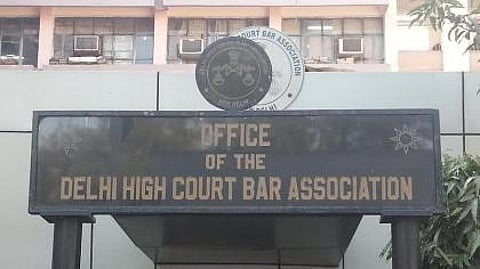
- News
- Columns
- Interviews
- Law Firms
- Apprentice Lawyer
- Legal Jobs
- हिंदी
- ಕನ್ನಡ

Relations between the Bar and the Bench seem to be on the wane. A week after Prashant Bhushan filed a criminal complaint against Justice CK Prasad, the Delhi High Court Bar Association has taken the High Court to task.